Get in touch with us today to speak with our experts
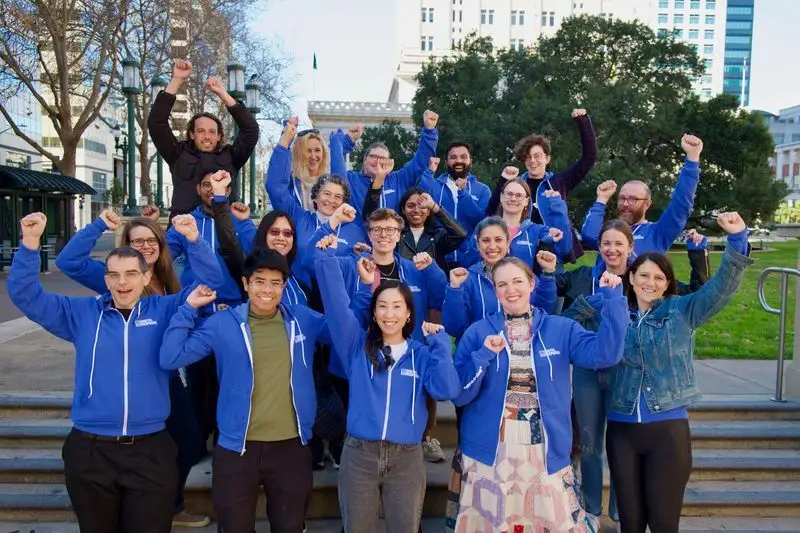
We provide a safe space for state and local governments to responsibly adopt generative AI tools in content creation, task automation, translation, and analysis. Our focus is helping public servants use gen AI to do their jobs better and faster.
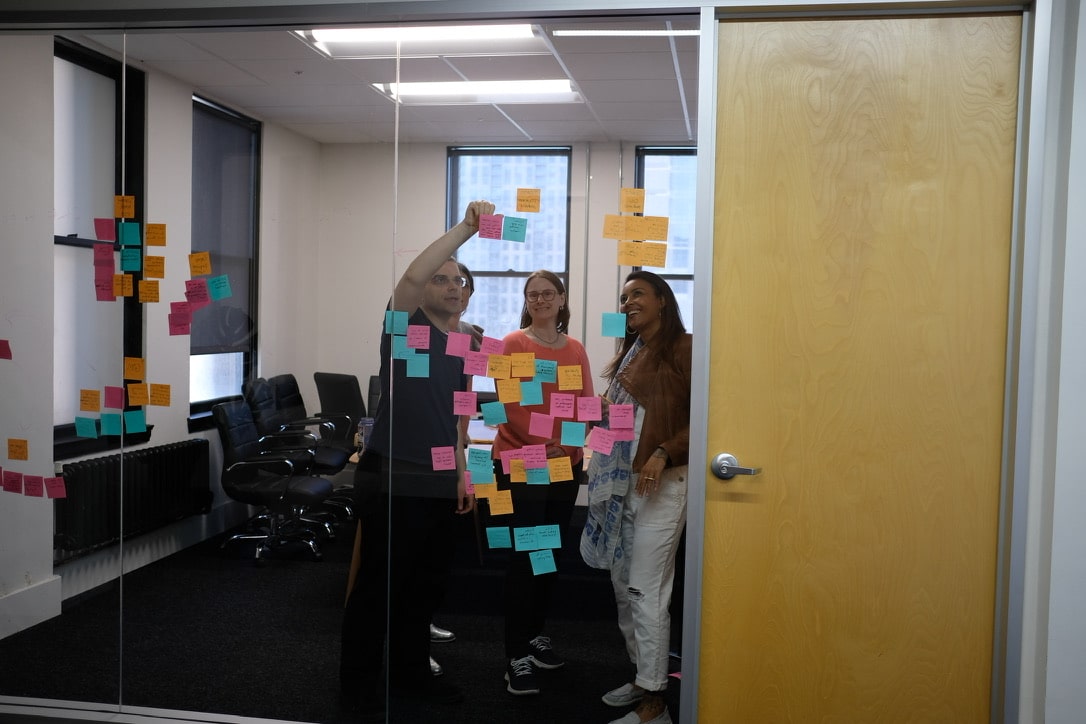
Implement generative AI technologies ethically in alignment with public sector goals
Navigate gen AI complexity and large vendor landscape with a problem-first approach
Receive assistance on gen AI governance, risk assessments, and user interactions with models from OpenAI, Anthropic, Google, etc.
Leverage USDR's product-agnostic stance to find solutions that align with government challenge
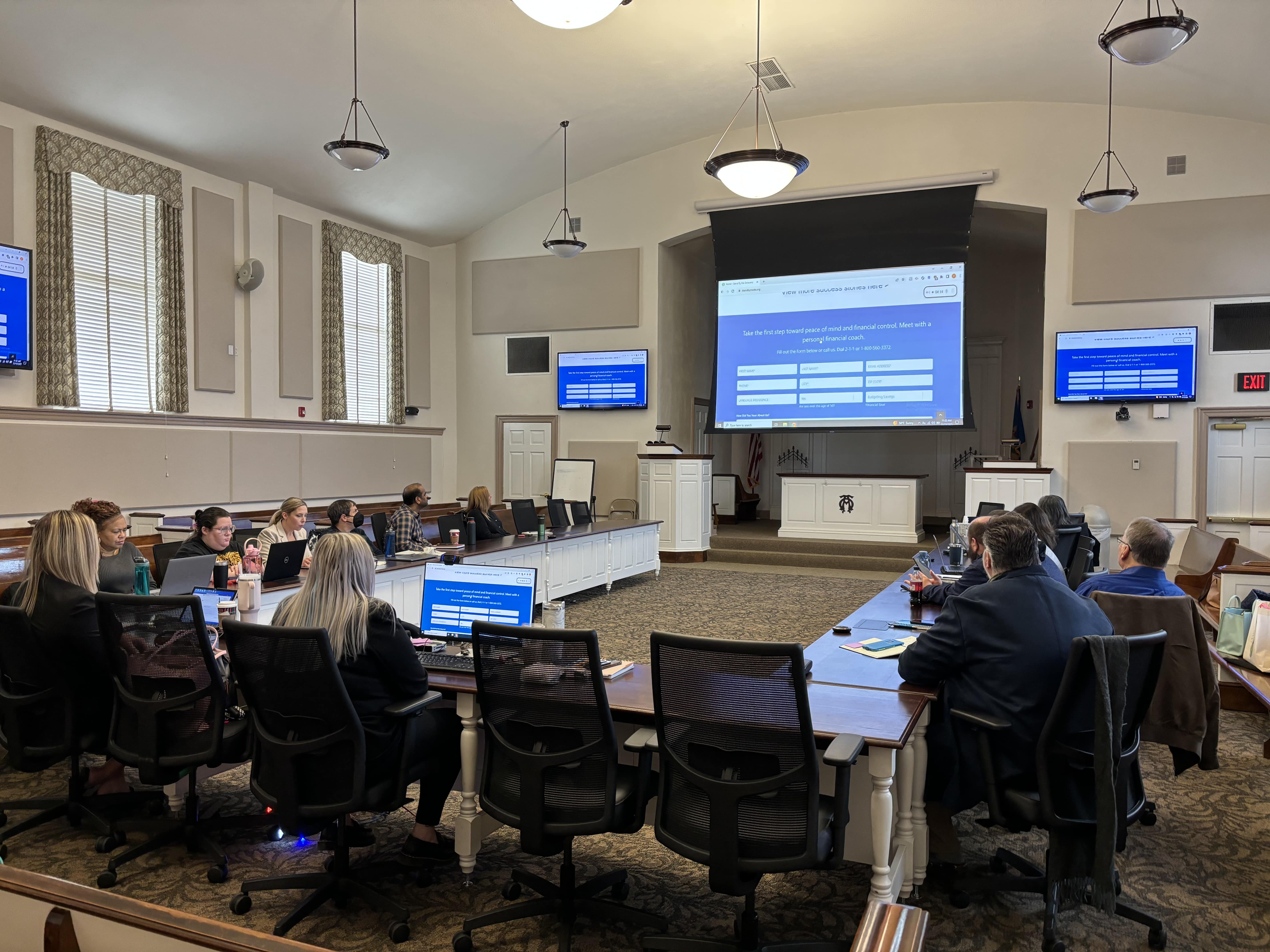
Free up staff time and improve response time to assist those with complex needs
Develop clear and culturally competent forms and communications through gen AI
Address communication barriers with higher-quality translations in plain language to clarify service eligibility
Minimize resident call volume and administrative errors by providing easily understandable instructions
Reduce improper determinations such as overpayment, fraud, or wrongful denials

Ensure messages are easily understood across languages
Use generative AI text tools like ChatGPT, Claude, and Gemini, fine-tuned by USDR, for clear, multilingual content
Adopt generative AI for visuals (e.g. Sora, Midjourney, etc.) to complement the text-based content
Streamline the creation of accurate, easy-to-read content for diverse communication channels, including social media, websites, and print
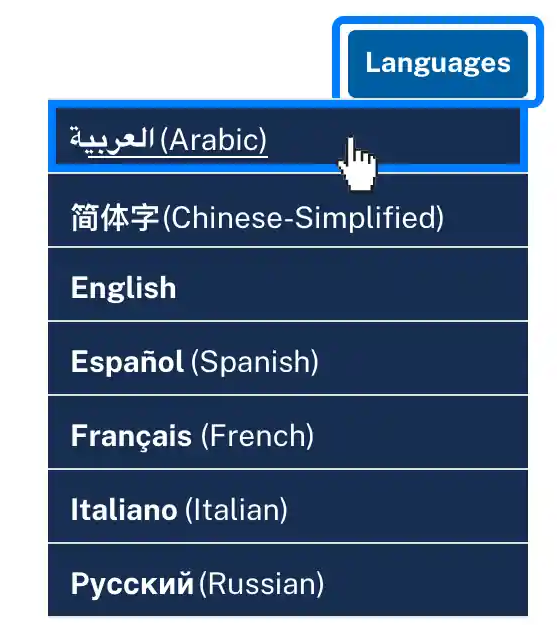
Accelerate hiring for key roles, facilitating swift gen AI adoption and program management
Recruit the right talent for generative AI initiatives through USDR support for crafting job descriptions and refining recruitment strategies
Receive guidance on outreach and onboarding, ensuring talent is integrated smoothly
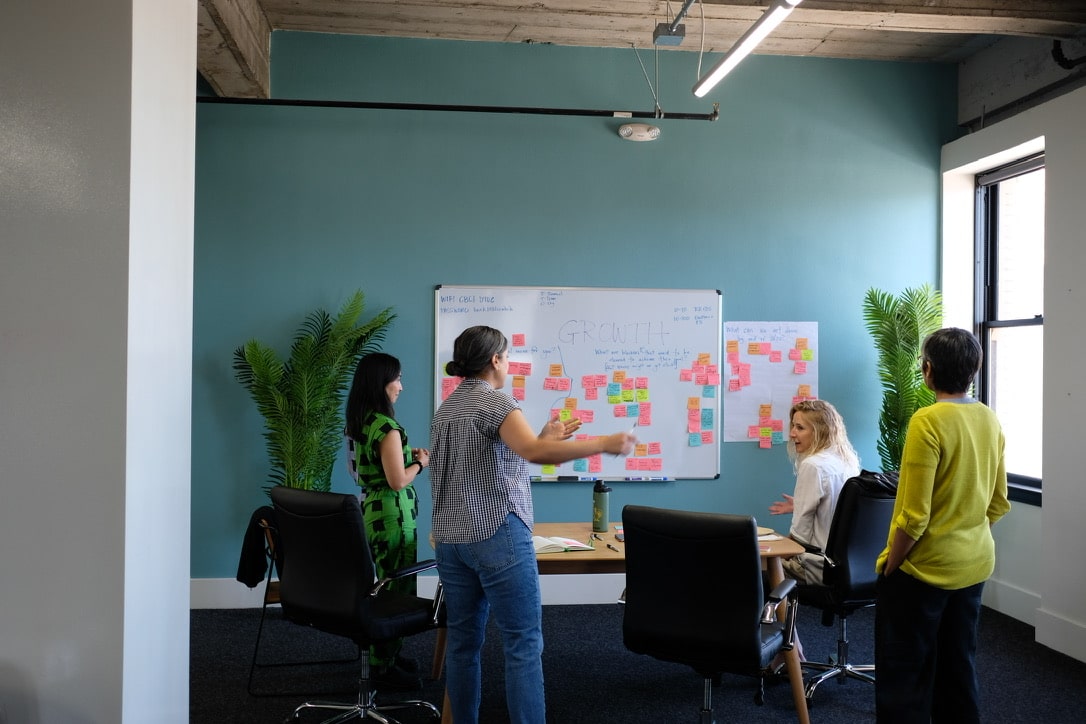
Less time processing data and more time serving the public
Expedite manual back-office operations, from reviewing applications to synthesizing vast amounts of data
Reduce administrative costs and processing times, reallocating resources to more complex services

